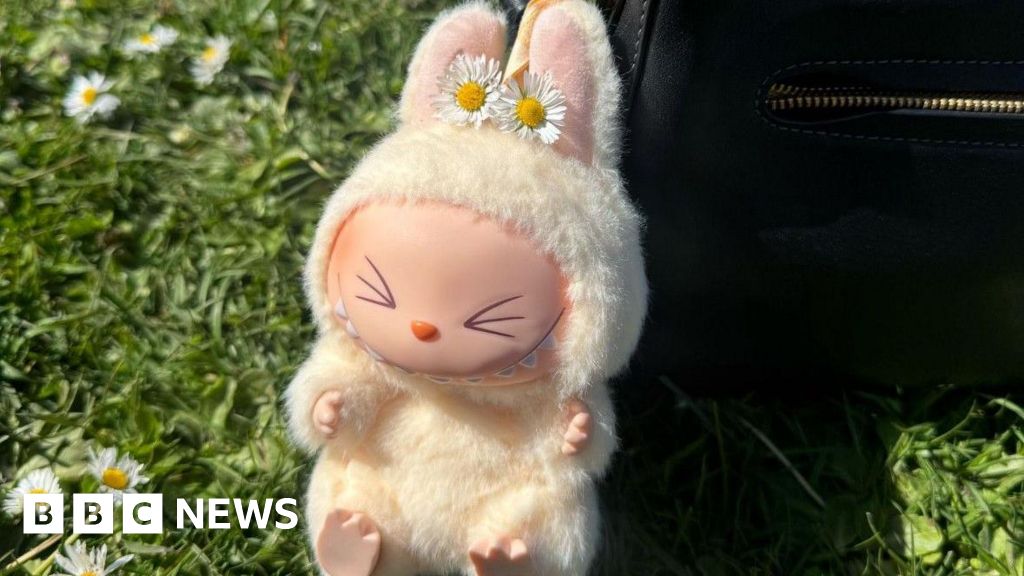ARTICLE AD BOX
 Image source, Getty Images
Image source, Getty Images
By Daniel Thomas
Business reporter, BBC News
Free childcare for working parents in England is set to be expanded to cover one and two-year-olds, as the Chancellor looks to get more parents back to work.
But there are concerns about whether the plan is actually deliverable, or if it will succeed in encouraging people back to the workforce.
And we are still waiting for the details from the chancellor, such as when parents might start to benefit from the new policy.
Is the policy deliverable?
Currently, working parents with three and four-year-olds are eligible for 30 hours of free childcare per week. But many say this does not go far enough given how high UK childcare costs are.
According to the Guardian newspaper, the government will provide £4bn to cover the plan, although this is far lower than what some estimate the true cost of delivering it would be.
Part of the money would be spent on raising the hourly rate it pays providers to deliver the "free hours". Nurseries have long complained this rate is too low, meaning that some can't afford to offer free childcare hours at all, or have to charge parents extra to cover their losses.
The sector also faces soaring energy costs and a recruitment crisis that has forced many nurseries to shut over the last few years. The funding providers get for their current free hours has been cut by 13% in real terms since the peak in 2017, according to economic research group the Institute for Fiscal Studies (IFS).
Research from charity Coram shows only half of local authorities currently have sufficient places for working families, with growing evidence the situation is worse in lower income areas.
Neil Leitch of the Early Years Alliance, a group representing childcare providers, says the "devil will be in the details" of Mr Hunt's plan.
"We know from harsh experience that what can sound like an impressive investment in theory can end up being wholly inadequate in practice."
One way the government may make its new funding go further is by changing staff-to-child ratios for two-year-olds in childcare - moving from one carer for every four children to 1:5 to align with Scotland.
But some people fear quality of care could deteriorate.
Joeli Brearley, founder and chief executive of campaign group Pregnant Then Screwed, says: "There's no evidence that it will reduce costs, but there is evidence that it will reduce quality and of course the first five years of a child's life are foundational to their future and so we will pay for this further down the line."
Will this get parents back to work?
Many see a link between the cost of childcare and the number of parents choosing not to work.
The Centre for Progressive Policy, which campaigns against inequality, estimates that 1.5 million mothers would work more hours if they could access suitable childcare, which would add £27bn a year to the economy.
Christine Farquharson, a senior research economist at the Institute for Fiscal Studies, told the BBC's Today programme childcare was not the only factor that stopped people going to work, but it played a role.
"Already about 70% of mums with a 0-4 year-old are in some form of paid work. If you ask the 30% who aren't what is influencing their decision, about half of them cite childcare as one piece of the puzzle.
"This could change the decision for some families who are out of work but equally preferences - peoples desire to be at home with their children - plays a role too."
Image source, Lauren McKenzie and her son Zayd
Image caption,Lauren McKenzie and her son Zayd
What do parents think?
Lauren McKenzie says her nursery costs are so high she can only afford to put her son in nursery for two days a week. The other three days she works from home and tries to juggle her duties with caring for Zayd - not easy with an energetic eight-month-old.
"It's very hard and sometimes it's quite difficult, like, am I here for him or am I here for work?" she tells the BBC.
Ms McKenzie works in children's services at a local authority and does not want to reduce her hours and was considering applying for a promotion. She told the BBC she had an understanding boss but was worried there may be a limit to how understanding she could be.
The prospect of 30-hours free care for one and two-year-olds sounded "positive".
"It would definitely be helpful - I am not going to turn that down," she added.

 2 years ago
99
2 years ago
99








 English (US) ·
English (US) ·